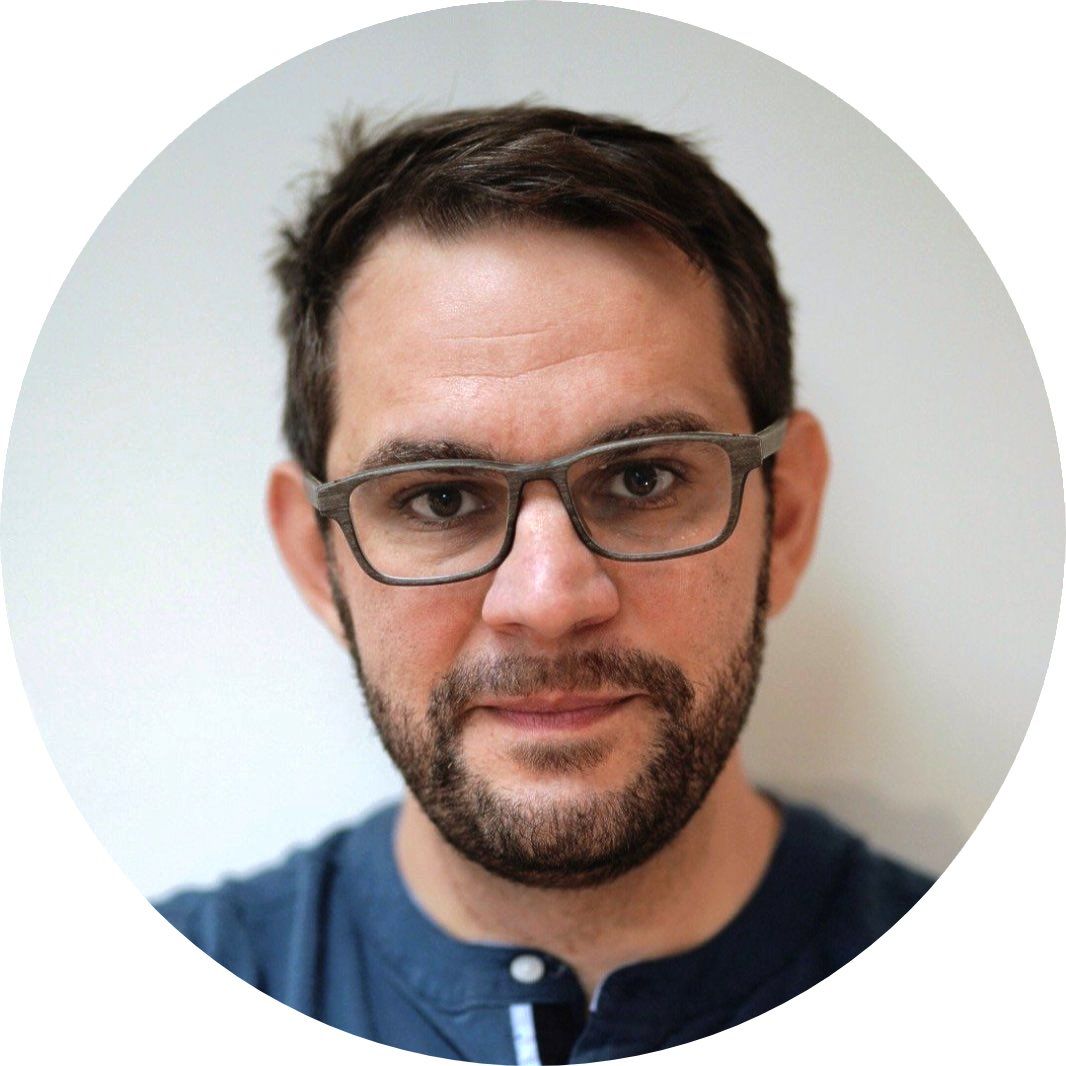The Next Episode
Last week I joined the investment team at Balderton Capital, an early stage venture capital firm in London, as Data Scientist. This means that I now have the sexiest job title in perhaps the sexiest industry of the last century.
Needless to say I am very excited and looking forward to using my skills in this amazing space. The change meant I had to leave behind a great team and a product at PeerIndex. It is sad to leave now but I know the company is in good hands and I will stay involved part-time. Here is my personal take on what makes my new role so uniquely exciting.
Entrepreneurial
The most exciting part of my job is that I came on board without a detailed job description. My main job will be to create products that make the firm more efficient in sourcing, understanding and acting on investment opportunities. I will rely on both public data - AngelList, CrunchBase, the web, twitter - and our own proprietary data. But what exactly these products will look like no one really knows at this stage.
The role of data science in venture capital is largely uncharted territory. There is still a lot to learn and figure out about how exactly it should work. A number of great data scientists have forayed into VC land before: DJ Patil, Drew Conway, Hilary Mason, Pete Skomoroch have all spent some time at VCs in various roles. There are a number of startups in this space, too: Duedil, Mattermark, Bright*Sun, Startup Compass are good examples. Yet, the majority of VCs still don't employ data scientists, and Balderton were definitely early in recognising the importance of data to future-proof their business.
Room for improvement
Disruption is one of those over-used buzzwords used to describe businesses and technologies that clompletely change the dynamics of a market. I believe VC itself is ripe for disruption — and efficient use of data is going to play an important role.
Venture capital is a people-driven business. Network, intuition and personal experience play a very important roles in many of the decisions partners make. And this is not such a big problem as partners usually have extensive network, great analytic thinking and often decades of experience operating and working with startups.
The main problem with this model is scaling. In the recent years we have seen a massive explosion in the number startups, especially in Europe. The barriers of entry have been lowered significantly, and good startups now come from everywhere — often from beyond the existing network of tech or business elite. In a way, the traditional model of VC investments is a minimum viable product of what VC could be, and data can help it scale.
Best place to learn
Most of my life so far has been about learning. After my PhD I jumped straight into a job at PeerIndex, a social media and marketing tech startup in London. I have learnt a lot about technologies, startup and people, and I learnt that there is simply no one exerting more influence on Earth than the British boyband One Direction. After this experience, I'm confident that the world of startups is where I want to work, this is what I want to learn more about.
This role will probably maximise my speed of learning about startups. In a couple of days I spent at Balderton, I have already learnt more about VC than I ever hoped. But more importantly my day job is going to be to figure out what factors make startups succeed or fail. I will be looking at data about hundreds of thousands of teams, markets, deals and have some of the best experts in this field working alongside me. This is the Disney Land of startups.
No suits
The first question I consistently get asked when I tell friends I'm going to work in VC is 'Do you have to wear a suit?'. Luckily, the answer is no. In fact the work environment is a lot closer to a startup than to a traditional corporate, and certainly not like finance or investment banking. For a change, the gender balance is a lot healthier, too. My Dave-to-girl ratio hasn't been this low since kindergarten.
I'm looking forward to learning a lot in the next few years, and I hope to share some of the insights here on my blog, too. For a start, check out this one on clustering London startups.
